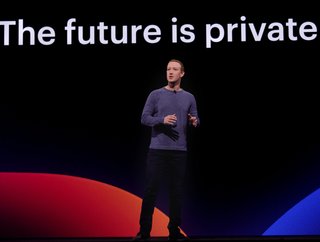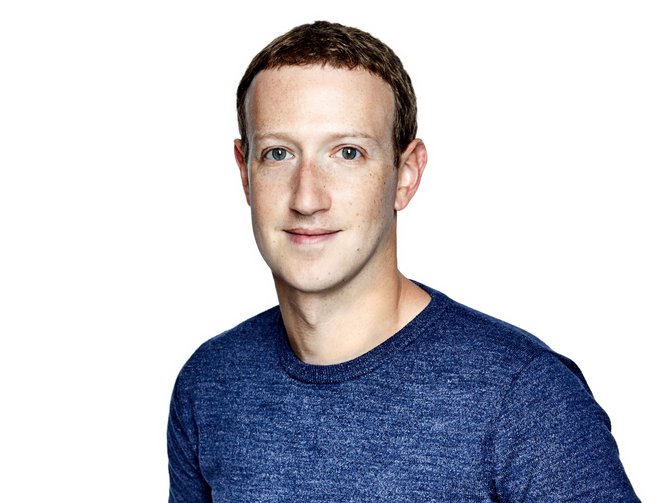Facebook at 20: Two Decades of Social Media Privacy Concerns

More than 2 billion people use Facebook daily — a quarter of the global population.
Famously created in a Harvard University dormitory in 2004 by Mark Zuckerberg, Eduardo Saverin, Andrew McCollum, Distin Moskovistz and Chris Hughes, the company has since expanded and developed into what we now know as Meta, which encompasses Facebook, Messenger, Instagram, WhatsApp and Meta Horizon.
Two decades after the creation that would change the trajectory of their lives, Zuckerberg is the Co-Founder, Chairman and CEO of Meta, Saverin is the Co-Founder and Co-CEO of B-Capital Group, McCollum is CEO of Philo, Moskovistz is CEO & Co-Founder of Asana, and Hughes is Co-Founder and Chair of the Economic Security Project.
The site itself has seen enormous change — and growth — in the past twenty years too. From an internal communications site for Harvard students to the largest social media platform in the world, Facebook advertises itself as a way to ‘connect with friends, family and communities of people who share your interests.’ But having seen such incredible growth, and having such a grip on modern society, how far has the platform come over the years in terms of privacy options?
“Over two decades, Facebook has set the landscape for personal data monetisation, assigning greater value to personal information, which has its pros and cons,” says Javvad Malik, Lead Security Awareness Advocate at KnowBe4, the company empowering better cyber security decisions.
“People not understanding the privacy settings or the privacy settings buried too deep has led to excessive access given to third parties at times as evidenced by the Cambridge Analytica debacle. The platform's influence was not just seen in commercial terms but also in its political reach, with allegations surrounding election interferences and social unrest, highlighting the potent combination of social media and information warfare.”
Prioritising privacy in social media
In the two decades since Facebook began its journey to global domination, public education around privacy online has grown, but so have online attacks through social media sites.
“Whilst Facebook is a great tool and has improved its offering over the years in terms of privacy settings, unfortunately in the 20 years it's been around people haven't gotten as wise as they needed to be. The platform bears a significant responsibility in ensuring transparency about personal data usage, and it must continue to empower users with clarity and choice,” Malik continues.

“Moreover, in an era where sharing is a reflex, we are reminded of the need for cautious information-sharing practices. A seemingly innocent photo of a child's first day at school, easily found on timelines of parents and grandparents at the start of a new school term, can become a goldmine for open-source intelligence (OSINT) and pose real-world security threats, with cybercriminals always looking for ways to social engineer and exploit people for nefarious reasons. Often these back-to-school photos are taken in front of houses, showing house numbers and school logos visible on school uniforms, giving away sensitive information about where they live and where children go to school. Privacy settings exist so users can make it so that only friends, family members, or certain groups can see it, and users need to take advantage of that.”
Moving into its third decade, Malik believes that the platform and consumers must both prioritise digital privacy and security. His top tips to stay safe on Facebook are:
● Customise privacy settings — by regularly reviewing privacy settings, users can ensure that only people they know can engage with their content and information.
● Beware of phishing scams — by being wary of messages and friend requests that seem suspicious, users can avoid phishing scams that may be set to steal personal information.
● Use two-factor authentication (2FA) — by using extra layers of protection, users reduce the likelihood of a privacy invasion.
● Don’t overshare — when posting, avoid sharing details such as your home address, phone number, or information about your daily routine that could be used against you.
● Be cautious with third-party apps — avoid sharing information with third party apps such as games that may be connected to your Facebook account. Always review the permissions requested and think carefully before agreeing to share your information.
**************
Make sure you check out the latest industry news and insights at Cyber Magazine and also sign up to our global conference series - Tech & AI LIVE 2024
**************
Cyber Magazine is a BizClik brand
*************






